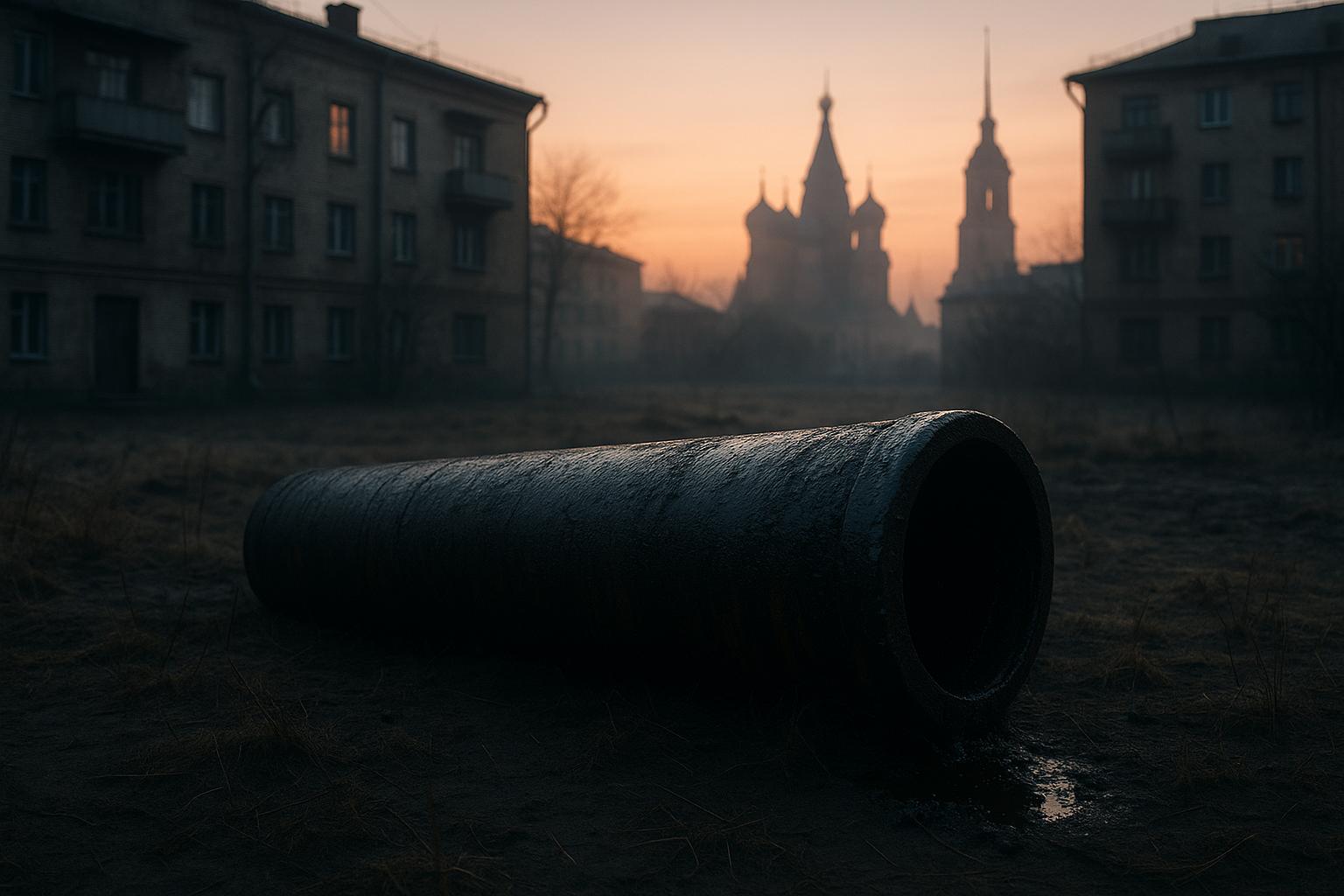European leaders and NATO’s chief have pledged to escalate sanctions on Russia while accelerating military support for Ukraine, following the latest "Coalition of the Willing" meeting held in London. British Prime Minister Keir Starmer announced that the coalition is committed to phasing out Russian oil and gas from global markets and utilising frozen Russian assets to fund Ukraine’s reconstruction. Starmer highlighted Britain’s leading role in fully sanctioning Russian oil and gas, ahead of the United States and the European Union, and confirmed a supply of more than 5,000 lightweight multirole missiles to Ukraine, with 140 delivered ahead of schedule.
This escalation aligns with the European Union’s recent approval of its 19th round of sanctions targeting Russia, marking a significant intensification of economic pressure. Notably, for the first time, the sanctions include a phased ban on Russian liquefied natural gas (LNG) imports, with short-term contracts ending within six months and long-term deals concluding by January 2027. This move addresses one of Russia’s economic pillars, given the centrality of energy exports to Moscow’s war financing. Additional measures extend to financial and trade restrictions, including targeting Russian banks and cryptocurrency exchanges linked to entities in India and China, reflecting the bloc’s efforts to close loopholes through international connections. The EU has also imposed limitations on the movement of Russian diplomats within member states, aiming to curb destabilisation efforts.
The sanctions package expands beyond traditional targets, with steps taken against Russia's so-called "shadow fleet" of oil tankers that have been used to circumvent embargoes and sustain Moscow’s war effort. French President Emmanuel Macron, speaking earlier in the month at a European summit, underscored the importance of disrupting these covert oil shipments, which generate an estimated €35 billion annually for Russia—funding up to 40% of its military operations. France has recently detained a suspicious tanker, reinforcing the coalition's vigilance against indirect sanction evasion. The shadow fleet crackdown is part of broader efforts by NATO-aligned countries to prevent Russia from covertly selling oil and financing its military activities, a campaign firmly supported by Ukraine’s President Volodymyr Zelenskyy.
Zelenskyy has consistently urged stronger international economic measures against Russia, noting the real impact of sanctions despite Moscow’s claims to the contrary. He referenced pressing developments, including the coalition’s decision to tighten sanctions on Russian oil infrastructure, terminals, and the tanker fleet. Zelenskyy pointed to visible signs like fuel shortages, economic distress in Russian regions, and a federal budget deficit as evidence that sanctions are biting.
Amid these economic pressures, European and NATO leaders reaffirm their unwavering support for Ukraine, pledging comprehensive aid covering political, financial, economic, humanitarian, military, and diplomatic domains. The European Council reiterated its commitment to Ukraine’s sovereignty and territorial integrity in discussions with Zelenskyy, emphasizing that Russia’s intensifying missile and drone attacks underline Moscow’s lack of political will for peace. The EU and its member states have collectively contributed approximately EUR 177.5 billion since the war began, supporting Ukraine’s defensive efforts and civilian needs.
Looking ahead, the EU plans a strategic enhancement of its defence capabilities, aiming for stronger security guarantees for Ukraine to deter future aggression from Russia. This roadmap signals a long-term commitment to European and regional stability in light of ongoing conflict uncertainties.
While Russia has condemned these sanctions as hostile acts, the international coalition is moving ahead, focusing on depriving Moscow of critical revenue streams and strengthening Ukraine’s capacity to resist. The use of frozen Russian assets, amounting to around $225 billion primarily held in Belgium, to fund Ukraine’s war effort remains a contentious but pivotal element of Western strategy.
In sum, the latest cycle of sanctions and military aid represents a coordinated, multifaceted approach by Western and allied nations to intensify pressure on Russia while bolstering Ukraine’s defensive capabilities and long-term reconstruction. The coalition’s actions indicate a resolute stance against Moscow’s continued aggression and a focus on securing a stable and sovereign Ukraine.
📌 Reference Map:
- Paragraph 1 – [1] (Business Today), [6] (Ukrainian President’s Office)
- Paragraph 2 – [2] (Reuters), [3] (AP News)
- Paragraph 3 – [7] (Le Monde), [4] (Time)
- Paragraph 4 – [6] (Ukrainian President’s Office), [1] (Business Today)
- Paragraph 5 – [5] (European Council), [1] (Business Today)
- Paragraph 6 – [5] (European Council), [3] (AP News)
- Paragraph 7 – [3] (AP News), [2] (Reuters)
Source: Noah Wire Services
